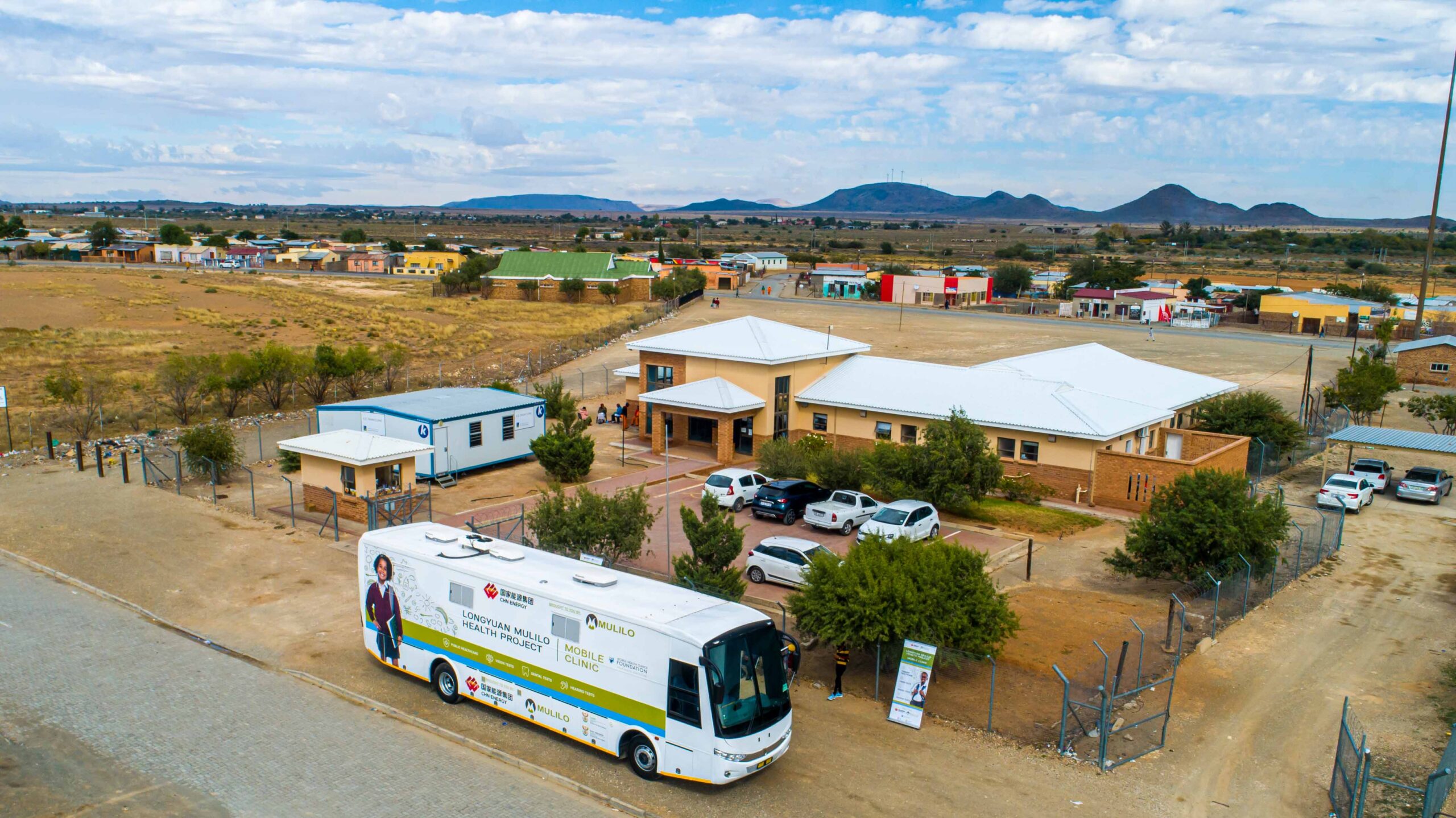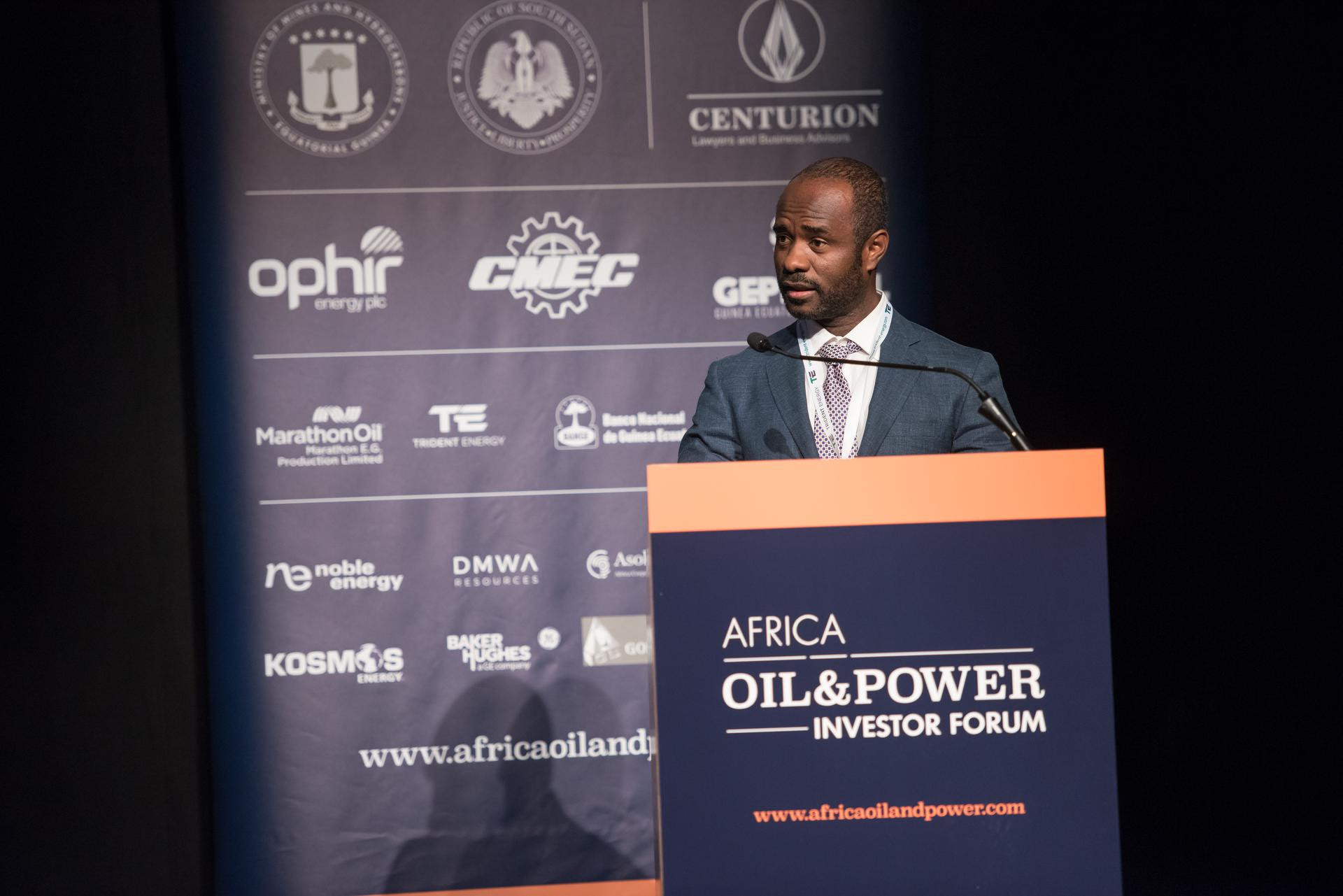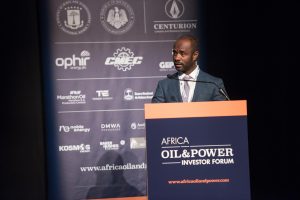Having pioneered the development of online trading and digital investment solutions 22 years ago, global fintech company Admirals is today considered a market-leading provider of an innovative range of online trading and investment products.
The Admirals suite of products includes leveraged Contracts for Difference (CFD) products in the over-the-counter market, including Forex, indices, commodities, digital currencies, stocks, and ETFs, as well as listed instruments to retail, professional, and institutional clients.
The company is steadily increasing its footprint in Africa, having opened its first African office in Cape Town, South Africa in July 2022, followed by the launch of its Lagos office in Nigeria in February this year.
Admirals currently serves clients across 176 countries world-wide.
With a physical presence in 18 countries across developed and emerging economies, Admirals is deeply committed to bridging the financial inclusion gap that spans across continents, economies, and societies.
“Financial freedom is a universal objective,” says Boriss Gubaidulin, Admirals Africa Director. “By offering simplified retail trading and investing processes and solutions, supported by accessible financial literacy and education material, we aim to encourage greater access to global financial markets in a transparent, secure, and sustainable manner,” he says.
“As we continue to expand our footprint, we are constantly witnessing the many social, economic, and environmental challenges affecting societies the world over,” he continues. “As a reputable neobroker with a growing base of savvy and socially conscious clients, Admirals is actively living its commitment as an ethical, and socially and environmentally responsible global citizen to drive the betterment of communities in which we operate,” Gubaidulin says.
In 2020, Admirals developed and rolled out its global environmental, social and governance (ESG) program which directs its strategic corporate social investment initiatives. These projects range from tree planting and reforestation, clean ocean initiatives, investing in renewable energy and scarce resource management projects, recycling, and the development of better living conditions for local communities.
Admirals’ ESG philosophy
Admirals has been at the industry forefront by engraining the principles of ESG as part of its strategic business imperatives. Incidentally, Admirals has taken on a carbon-neutral status in 2020, which is firmly integrated into the Admirals overall business model.
The company engaged a global third-party rating agency, ClimatePartner, to verify its carbon footprint, as well as certify the CSI projects in which Admirals is involved.
Here on the African continent, Admirals has been involved with two sustainable water management and renewable energy initiatives in Sierra Leone and South Africa respectively.
Project 1: Clean drinking water in Kono, Sierra Leone
Sierra Leone is a largely rural country where households typically use wood fuel on inefficient three-stone fires to purify their drinking, cleaning, and washing water. This process results in the release of greenhouse gas emissions from the combustion of wood.
However, these emissions can be avoided by using efficient borehole technology that does not require fuel to supply clean water.
Admirals’ support is helping communities in the Kono region to restore 57 wells. In cooperation with the local population, damaged wells are repaired and regularly maintained, which secures the regional water supply. The availability of clean drinking water eliminates the need to boil water, saving an average of 10,000 tonnes of CO2 emissions per year.
Not only does this initiative contribute to climate action but it also has a major social impact. In these rural areas, water sources are often located far from residential areas. Women and children, who are primarily responsible for fetching water, may have to travel long distances, sometimes several kilometres, to access water. This not only consumes their time and energy but also poses safety risks, especially for women and girls.
Project 2: Investing in the future of South Africa’s sustainable clean energy generation
South Africa has been in the grip of a severe energy supply shortage in recent years, and every effort possible is being made to generate additional electricity capacity. Admirals has heeded the call for investors to help drive clean energy projects by pledging its support to one of the country’s largest wind projects.
Close to the rural town of De Aar in South Africa, 96 wind turbines have been producing an average of 439,600 MWh of electricity per year since 2017, which is being fed into the South African grid. The aim of the project is to harness the region’s wind energy potential to balance its energy needs in a sustainable way. This diversifies the power supply and improves energy security in regions that are frequently affected by power shortages and outages.
The share of electricity now supplied by the wind farm would have otherwise been generated by fossil fuels. The wind power project avoids about 433,920 tonnes of CO2 emissions per year, which makes an important contribution to a clean energy supply and sustainable development with respect to the UN Sustainable Development Goals (SDGs).
In addition to the environmental benefits, the project assists the local community by creating jobs and improving the access to healthcare through its Mobile Health Clinic. Offering primary healthcare, dental, eye care services, more than 36 000 residents and members from nearby communities have been screened and serviced by this clinic.
The project supports local football clubs by funding equipment, events, travel and much more. It also provides financial funds to the Richmond Untied Ladies Football Club, the only female club in De Aar playing in the premier league.
The project supports a math enrichment programme for pupils in 10 primary and 4 high schools to encourage interest in this subject. Three Early Childhood Development Centres were renovated to support about 155 children between 2 and 6. About 108 students are currently on the project’s bursary scheme that covers tuition, accommodation, books, food, and laptops.
“Contributing meaningfully to society is one of the cornerstones of our business,” Gubaidulin says. “Admirals considers the environment, our actions, and the influence we can create as global leaders. We are deeply committed to leaving a legacy through shared success and by creating flourishing communities across the globe,” he concludes.
——————————————————————————————————————————————
Admirals Group AS
Admirals Group AS is a global growing FinTech company, offering a wide range of products and services worldwide, meeting people’s needs and making personal financial management easy-to-use, affordable and secure through its regulated investment firms.
The online investment service providers that are owned by Admirals Group AS, are authorized to offer their clients with the ability to trade Forex, and CFDs on, inter alia, indices, metals, energies, stocks, bonds and digital currencies, but also to invest in Stocks and ETFs (product offering may vary depending on each investment service provider’s license obligations and the client’s country of residence).
Over the years, Admirals has received internationally recognized and respected awards and recognitions, including the ‘Best Broker of 2022’ awards from both Area de Inversion and Traders.com, as well as the Traders.com award for ‘Best Financial analyst of 2022’.
Since founded in 2001, Admirals continues to experience worldwide growth and evolution and is committed to providing its clients around the globe with advanced trading tools, access to financial security and various customer care policies. Admirals is licensed in the Seychelles, UK, Cyprus, South Africa, Australia, Jordan, Canada and Kenya.
For more information about Admirals visit admirals.com.
Trading involves risks.




